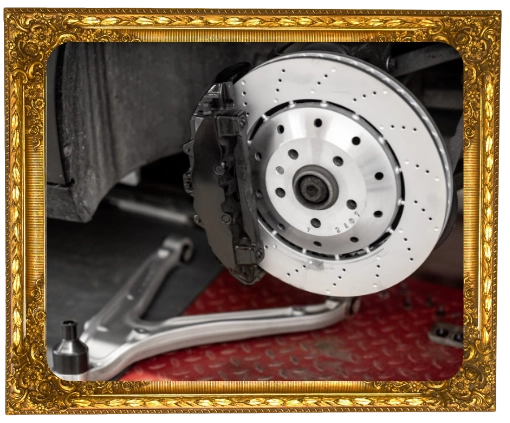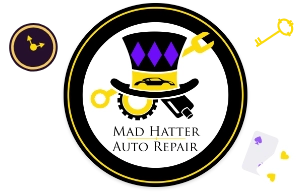Brake Repair
Brake Repair in Omaha, NE
Trusted Auto Repair Services
Stay Safe on the Road
All vehicles need regular maintenance, and brakes are no exception. Knowing when to replace or repair your brakes can help you save money and keep you safe on the road. Here at Mad Hatter Auto Repair in Omaha, NE, we want to ensure our customers know about brake repair. Our team of ASE Master Certified technicians offers a three-year, 36,000-mile warranty on all services and repairs. We service all makes and models. No matter what type of brake repairs your vehicle needs, no job is too big or small for us to handle. Stop by and visit our auto repair shop at 2531 South 140th Ave Omaha, NE 68144.


